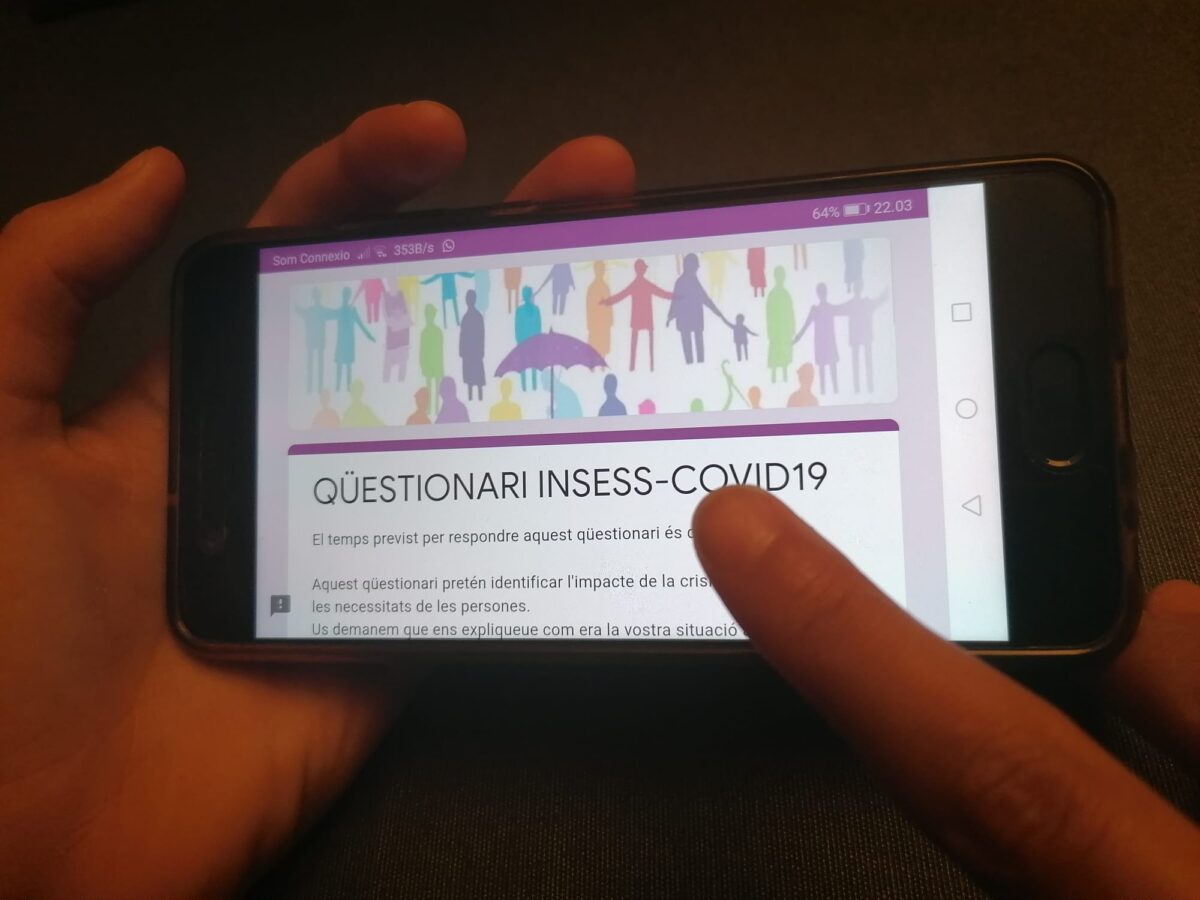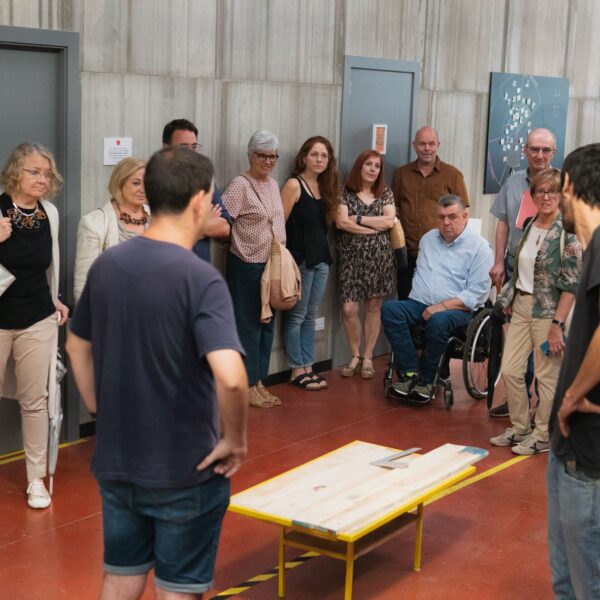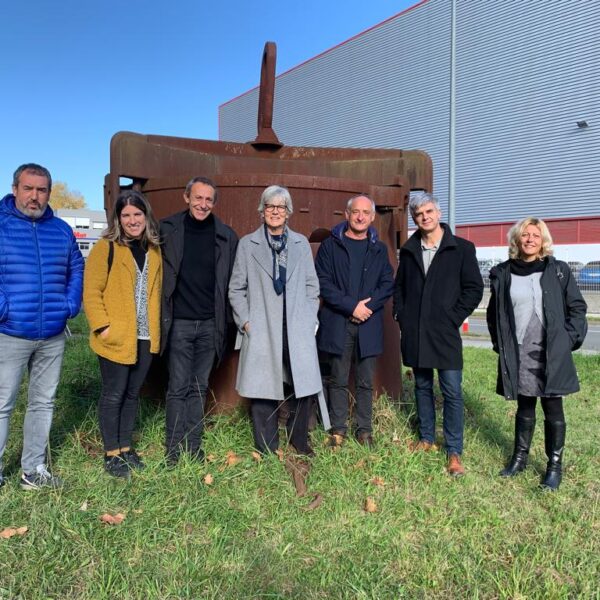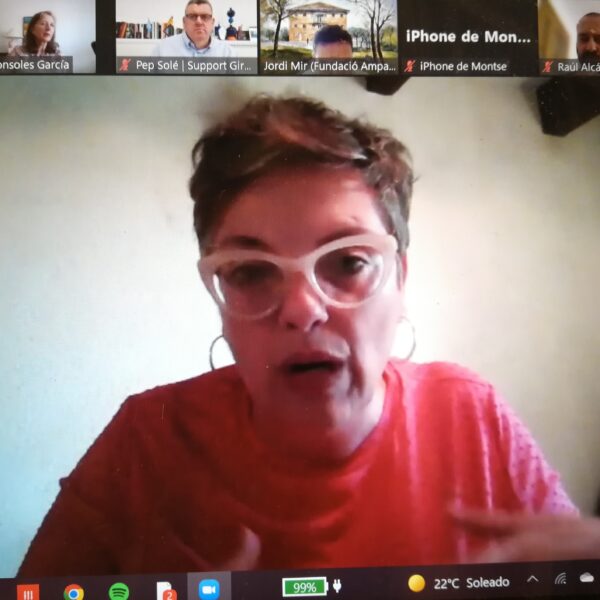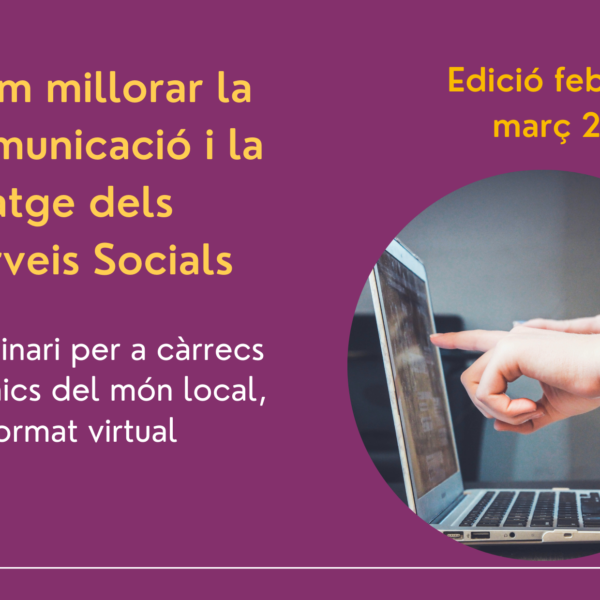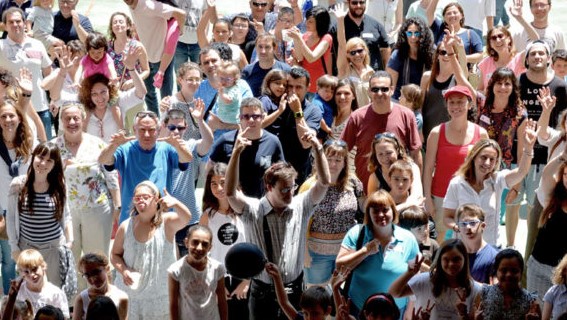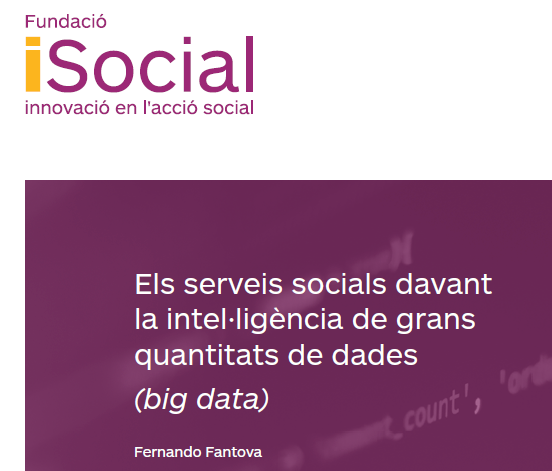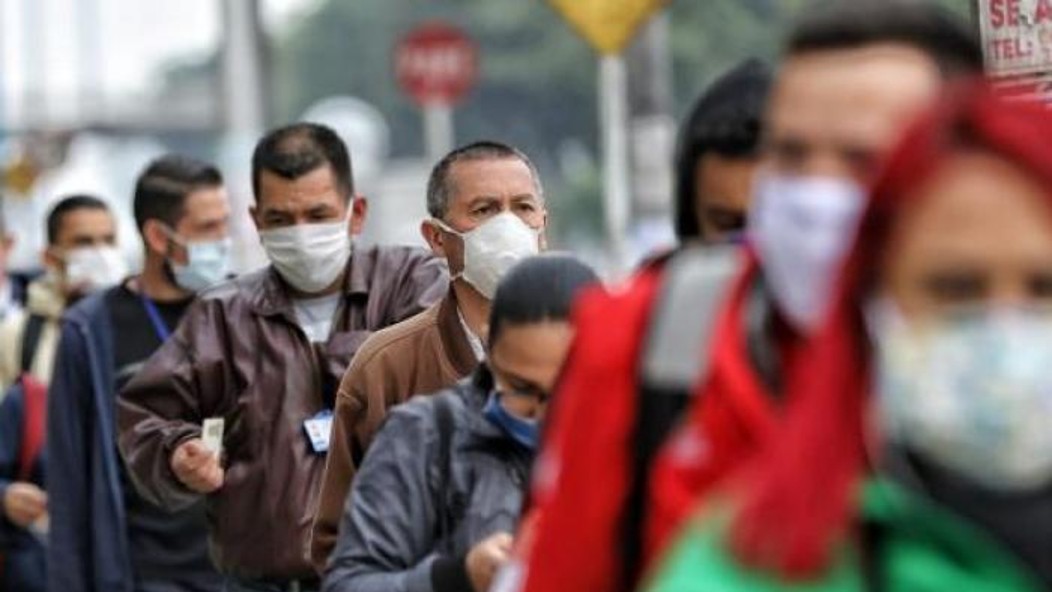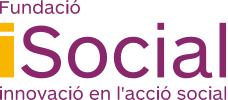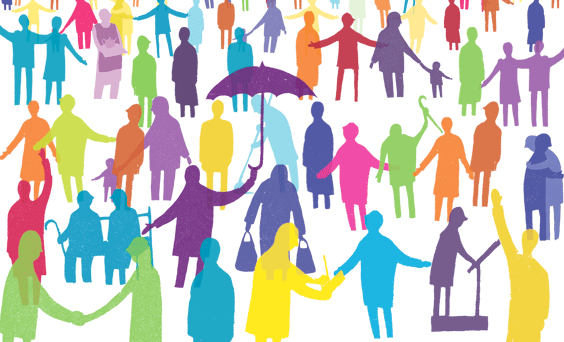Start of the INSESS-COVID19 workshops cycle with a pilot in Platja d’Aro
Start of the INSESS-COVID19 workshops cycle with a pilot in Platja d’Aro
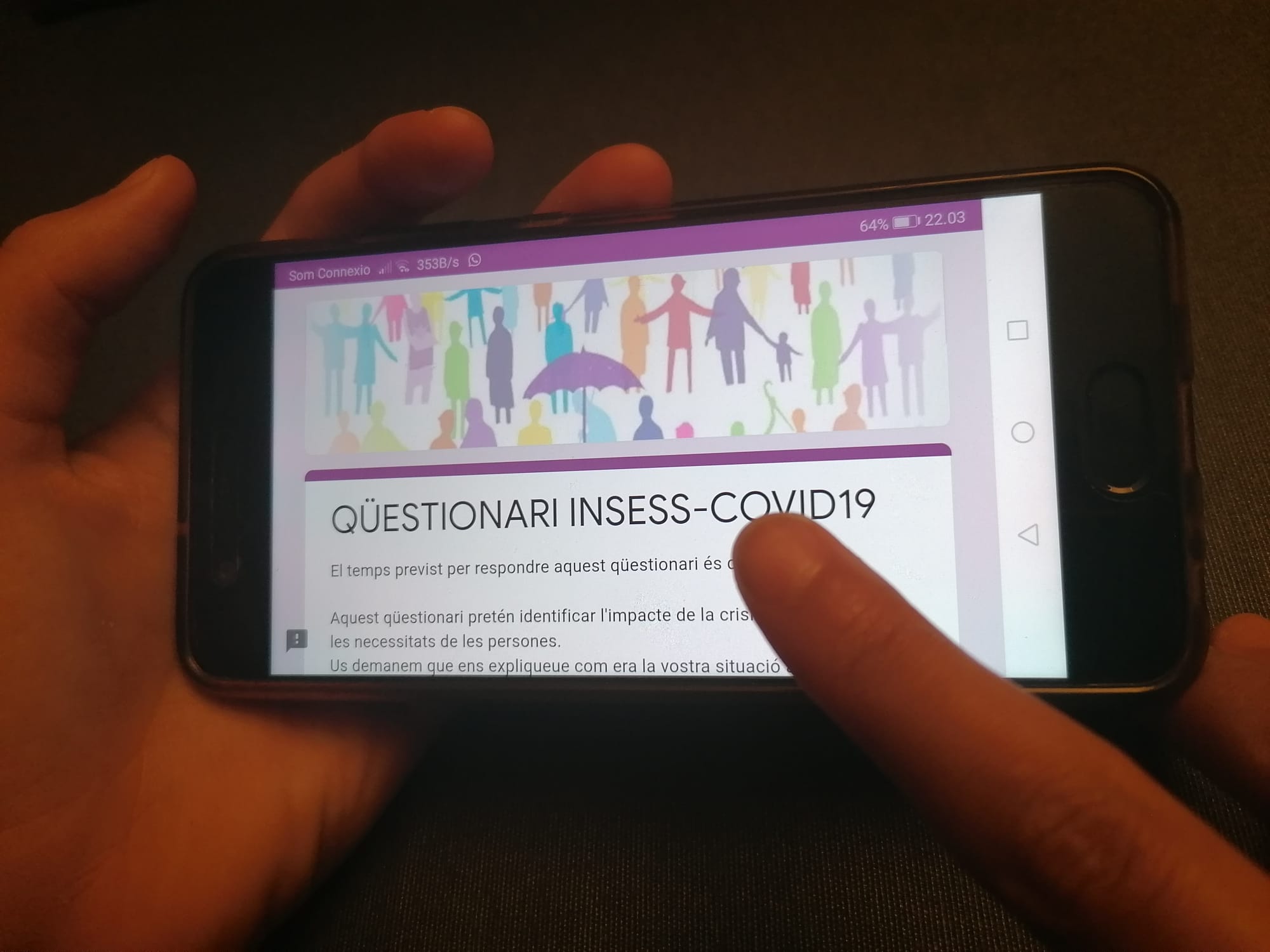
The INSESS-COVID19 study, which the UPC and iSocial are carrying out to find out the impact of Covid19 on local Social Services in Catalonia, has taken a new step with carrying out a pilot test with the Social Services area of the City Council of Platja d’Aro. The pilot test consisted of conducting a workshop with about fifteen people from the municipality, in the course of which they answered the INSESS-COVID19 Questionnaire from their mobile phones, while the organizers conducted it by videoconference.
The INSESS-COVID19 Questionnaire has been specially designed within the framework of the project to be able to measure the social problems that COVID19 has brought to light in Catalonia.
This first pilot workshop in Platja d’Aro has made it possible to verify that in just 20 minutes it is possible to answer the entire questionnaire; that answering from mobile phones is possible and simple; and that the convened citizens can easily participate both from home and gathered in a municipal space.
The results of this pilot workshop, together with another that is planned to be held in the coming days with the County Council of La Noguera, will validate the innovative methodology designed in the project to obtain quick information on what is happening, before extending the process of carrying out these citizenship workshops to all the 105 Basic Areas of Social Services of Catalonia and consolidating the different types of workshop ranging from entirely face-to-face to non-face-to-face and relocated taking advantage of new technologies .
The methodology of the project proposes very agile consultation mechanisms for the population, which require a minimum effort of the Social Services teams of the municipalities and counties and provides workshop modalities that are well adapted to the different scenarios of greater or lesser mobility restrictions. due to the pandemic and also harnesses the full power of Artificial Intelligence and data science to get conclusive results very quickly.
The project, started in May 2020 in the framework of the extraordinary call of the CCD-UPC on the occasion of the emergency caused by the COVID19, has the support of the Generalitat de Catalunya, the Catalan Association of Municipalities, the Federation of Municipalities of Catalonia, the Diputació de Barcelona and the Àrea Metropolitana de Barcelona. The first results of the study are expected to be made public in early September.
Actualitat

